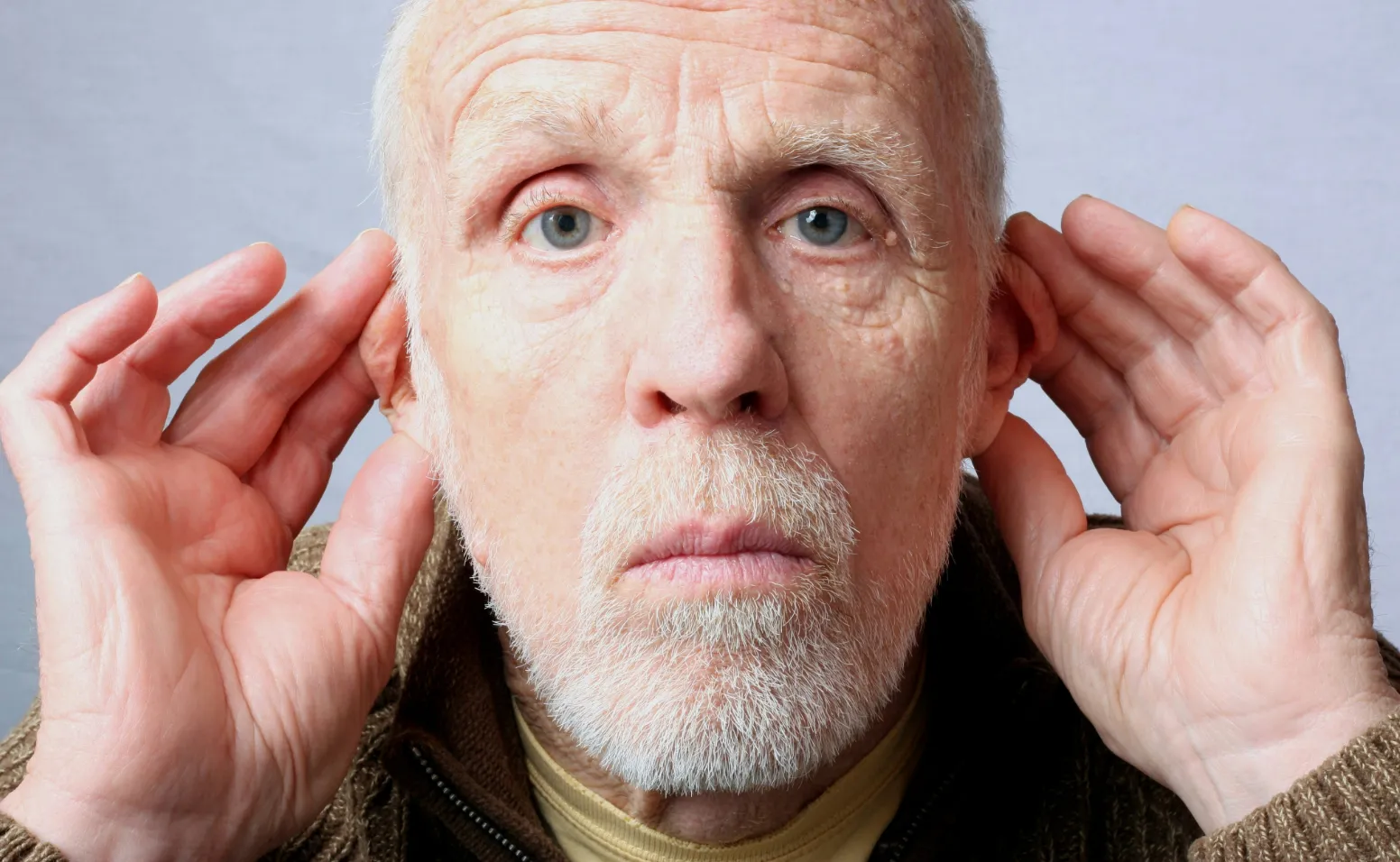Detecting hearing loss risk: What to look for
Hearing loss is a growing concern, affecting millions of people worldwide. Learn how loud noises can damage your hearing and take steps to protect yourself.

“Hearing loss is often referred to as an “invisible disability.” Not only because of the lack of visible symptoms, but also because it has long been stigmatized in communities and ignored by policy makers.”
Tedros Adhanom Ghebreyesus.
Director General of the World Health Organization.
On March 3, it will be the International Hearing Day. A day for the importance of raising awareness about hearing care and for taking preventive measures to prevent deafness and hearing loss.
While we are not clinical experts at Akoesta, as experts in improving room acoustics, we understand the devastating consequences of untreated hearing loss.
For this reason, hearing protection should be a constant focus.
One of the key factors in adequately protecting ourselves against hearing loss is identify when we are exposed to this threat.
That is why it is convenient to the sound level of the sound we hear often.
The following table shows some of the common noises and their decibel levels.
*A decibel is a unit used to measure the intensity of sound. The Centers for Disease Control and Prevention in the United States (CDC) states that sounds above 70 decibels can cause hearing damage.
Noise levels of
common noise:
.png)
Maximum allowable exposure
of sound in the workplace:
Below are some of the highest levels of noise people can be exposed to at work without hearing protection and how long they can be exposed to them.
.png)
[More than 5% of the world's population (430 million people) suffers from debilitating hearing loss and needs rehabilitation. It is estimated that this number could reach more than 700 million (one in ten people) by 2050.] - WHO (World Health Organization)
As is well known can loud noises cause hearing loss because they damage the hairs or neurons in the inner ear that transmit sound signals to the brain. Damage or loss of these structures may result in decreased hearing.
Hearing loss can have a negative impact on quality of life. People with hearing loss often experience depression and isolation due to problems communicating with others. In addition, hearing loss has been linked to declining cognitive abilities and an increased risk of falls.
More consequences of untreated hearing loss include:
• Decline in mental acuity.
• Increased risk of dementia.
• Memory problems.
• Social isolation.
• Anxiety.
• Mental tiredness.
The consequences of untreated hearing loss go beyond difficulty hearing. They affect our mental, social, and physical well-being.
.jpeg)
There are several measures you can take to protect your hearing:
• Avoid prolonged exposure to loud noises.
• Use hearing protection if you are exposed to noises above 100 dB.
• Control the volume of music and other audio devices.
• Get your hearing checked regularly.
• Promote hearing care in your area.
.jpeg)
Bee Akusta we believe that the acoustic quality of spaces is crucial for protecting people's hearing function and improving their wellbeing. Our commitment lies in creating acoustically comfortable environments that contribute to the hearing wellbeing of their users.
Our expertise in acoustics enables us to:
• Assess the levels of reverb in each room (offices, schools, podcast studios, etc.)
• Design and implement customized solutions to improve acoustic quality.
• Create pleasant environments that help protect the hearing function of those who use them.
If you're concerned about hearing loss or want to improve the acoustics of your space, don't hesitate to contact us. We'd love to help you create an environment that improves users' mental and auditory well-being.
Share this:
Transform your environment into the best version to work, learn or live in
Know what options are available for your situation in 30 minutes.






